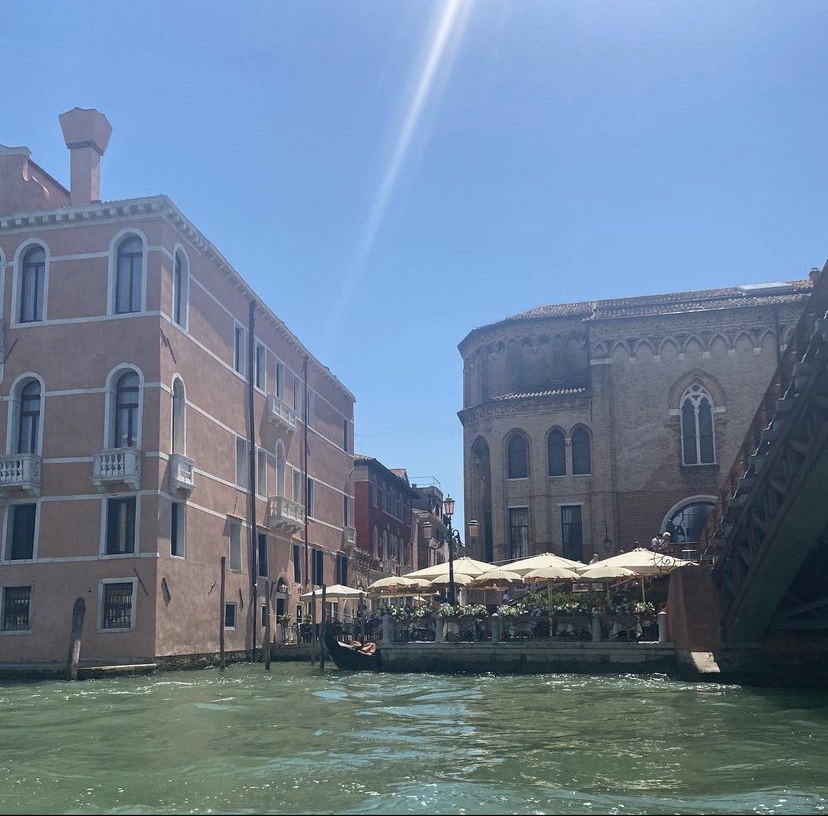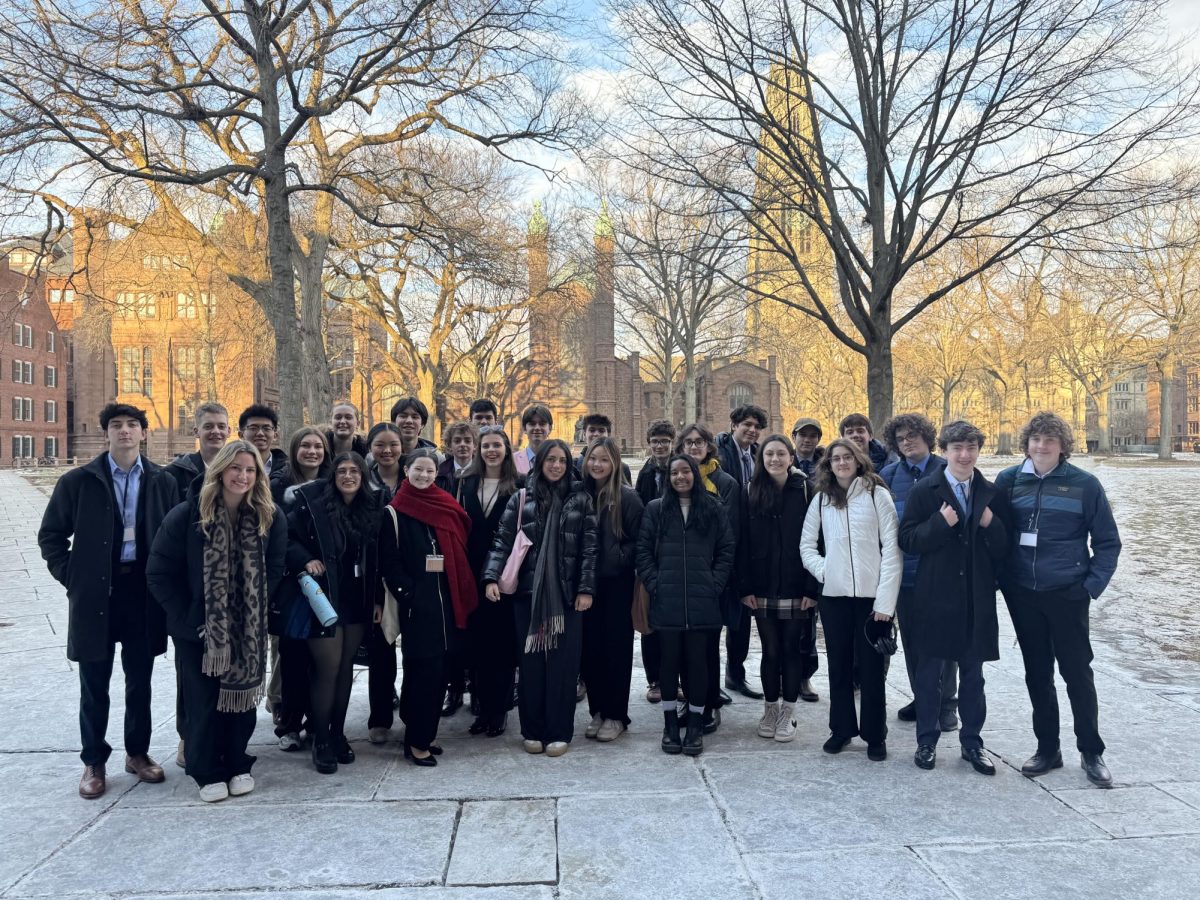The Return of School Trips
February 22, 2023
Prepare for take-off, Waterford High School, School Trips are Back!
Madame Shea, also known as Waz, is currently seeking approval to take her French 4 and 5 students to Canada next year. Specific details of the potential trip are unknown until further notice. As a relatively recent member of the WHS staff, Shea is enthusiastic about the possibilities. Her reason for pushing for this trip is that “sometimes, if one does not get exposure to other cultures, they can have subconscious or conscious biases towards them [other cultures] that oftentimes are not true. I think that going to Canada, for example, with French students is a great way for them to apply what they are learning in school to real-life scenarios.” Other, more senior members of the staff, would argue that the idea of taking class trips to another country is often better in theory than practice.
In prior years, English teachers Kenneth Collins and Stephanie Hartell, and history teacher Ian Cheney, were fond of taking students to places they may never travel otherwise. The places they have traveled to include Greece, Costa Rica, Germany, England, Netherlands, and France. Interestingly enough, even in supposed “safe” countries, students were not sheltered from hard realities. Mr. Collins recalled a time when he witnessed a man become ill and go unconscious in a restaurant in Amsterdam. While it would be wrong to assume, his symptoms, along with the situational evidence, seemed to be that of a drug reaction. There have been other problems such as students getting sick and increasing expenses.
Nowadays, high school students are exposed to so much, in school, at home, in the media, on television, and around their community. There are very few limits to what teenagers can and cannot see. That being said, it is also the age where these disturbances become unavoidable. What better way to prepare students for post-high school than to teach them how to act accordingly? Traveling is also inherently risky, as well as difficult to pull off perfectly, due to both unreliable airlines and unreliable students. However, the decision to leave school trips behind with no effort to fix these problems is unfair to ambitious students and lazy.
Madame Shea is WHS’ only French teacher that is not shared with Clark Lane Middle School because the course does not yet have a large enough student enrollment to require others. However, the sophomore French class is larger than previous years, and they are enthusiastic about the idea of a foreign trip. Madame appreciates her student’s love for learning about Francophone cultures, and says, “I think that it is so important for Americans of all ages, especially high school students, to be exposed and immersed in other cultures. If they are not, then they do not develop cultural awareness and an appreciation of other cultures, people, and ways of life.”
Shea’s views align with extensive research. In a 2010 study about “How Multicultural Learning Experiences Facilitate Creativity,” Columbia business professor Adam D. Galinsky concluded that traveling in order to enhance cultural understanding helps “the ability to solve problems in multiple ways, increases awareness of underlying connections and associations, and helps overcome functional fixedness.” In other words, lack of travel at a young age can lead to cognitive biases that will affect your perspective and creativity long term. Meanwhile, experiencing foreign places while your brain is still impressionable will help eliminate inherent prejudices.
Junior, Alyson Lewis, sees traveling as a major part of her future: “I really want to go to Venice. I take Latin and I feel like traveling to Italy would broaden my vocabulary, because they speak so linguistically there.” Unfortunately for Lewis, the school has no current plans to take her there and she will have to find a way to do it herself. For most students, international travel is not a possibility if it’s not attached to the school, due to scheduling and excessive costs. However, when schools plan these trips and invite eager students, they make world travel accessible for all sorts of students.
If Madame and her students are able to make this trip a success, there is hope that other teachers will change their altitudes about future trips.








